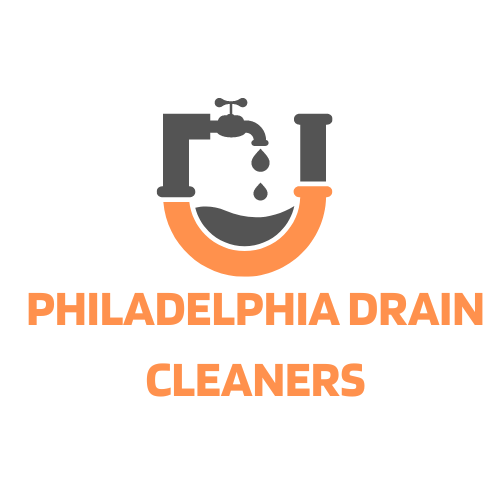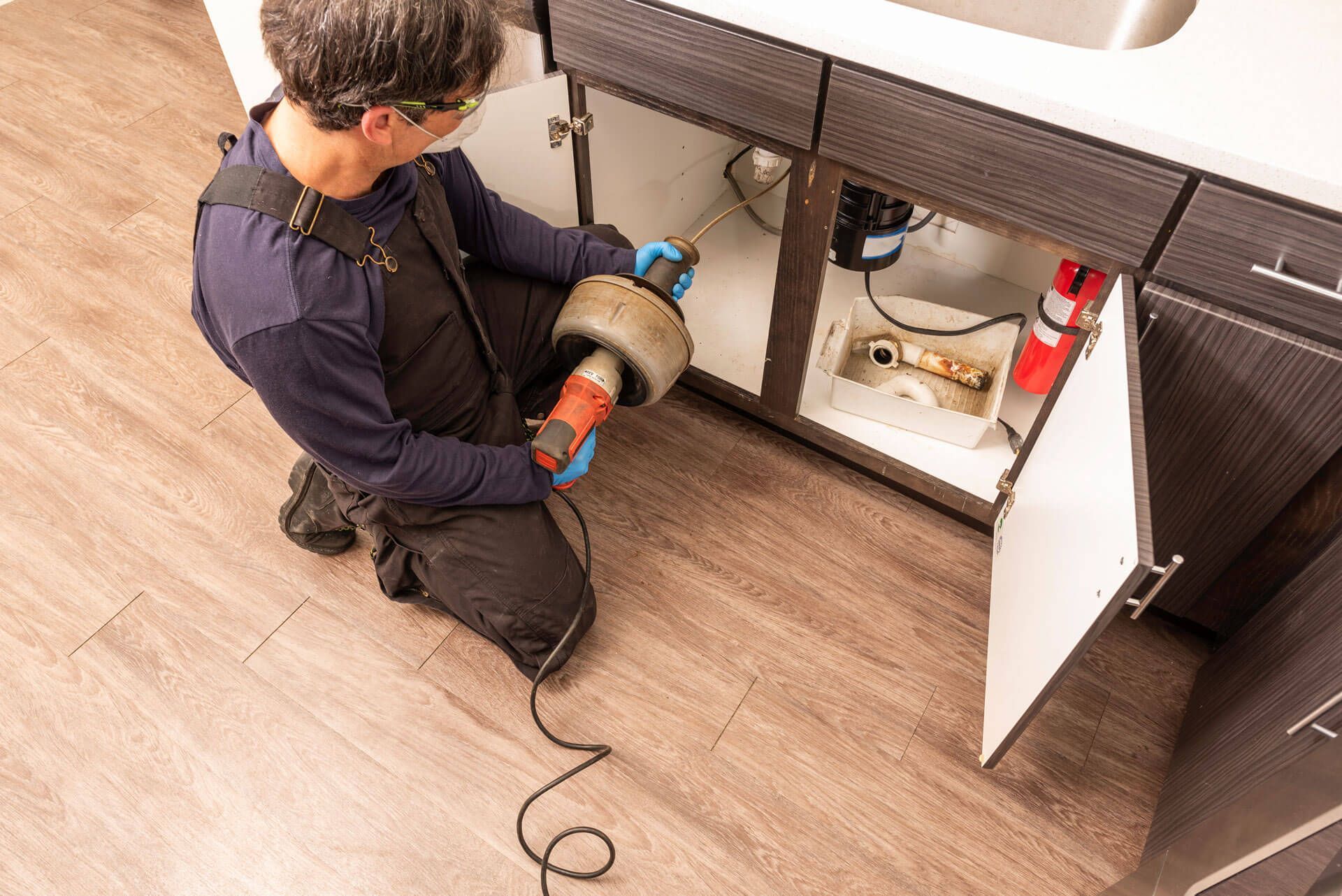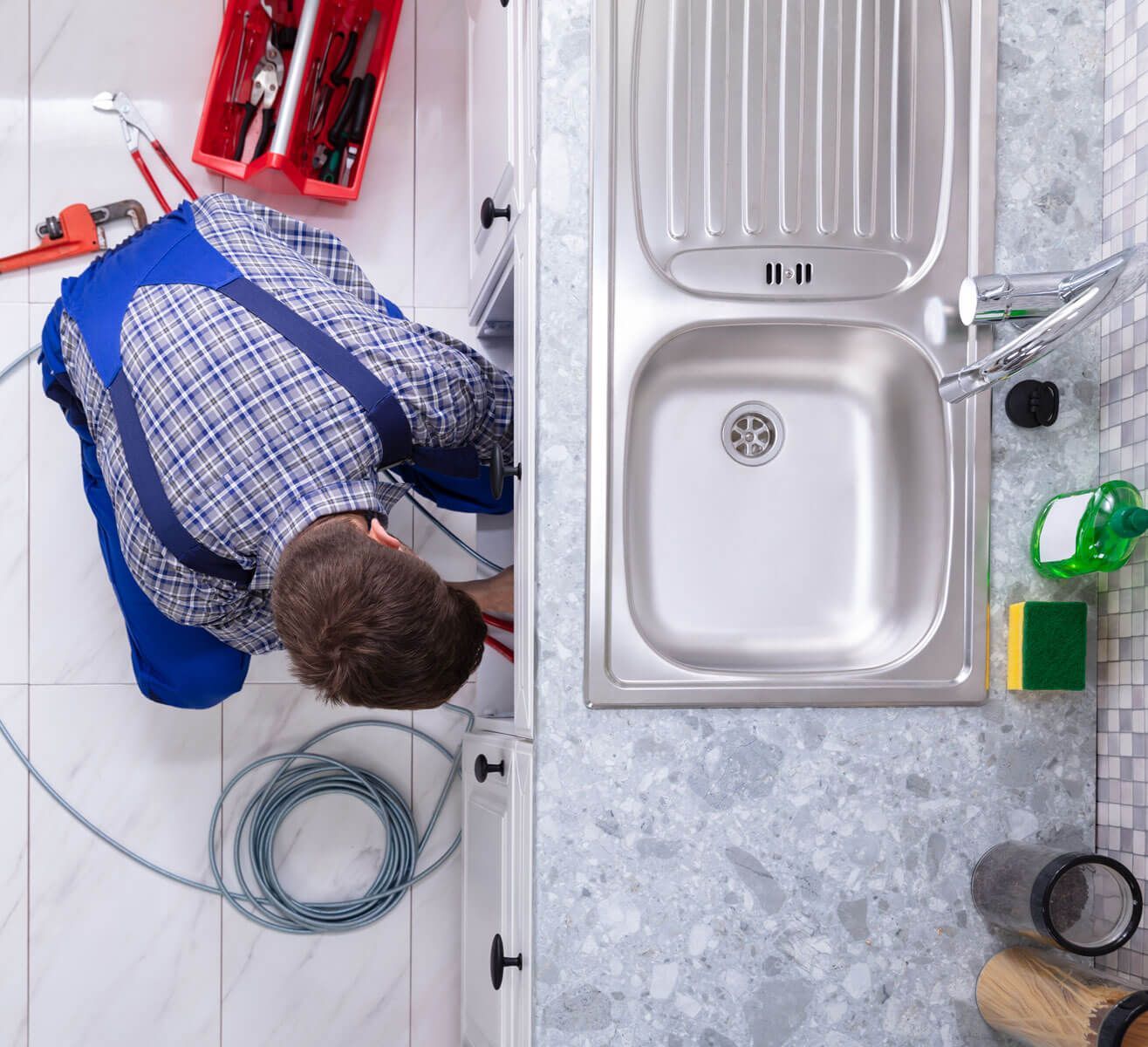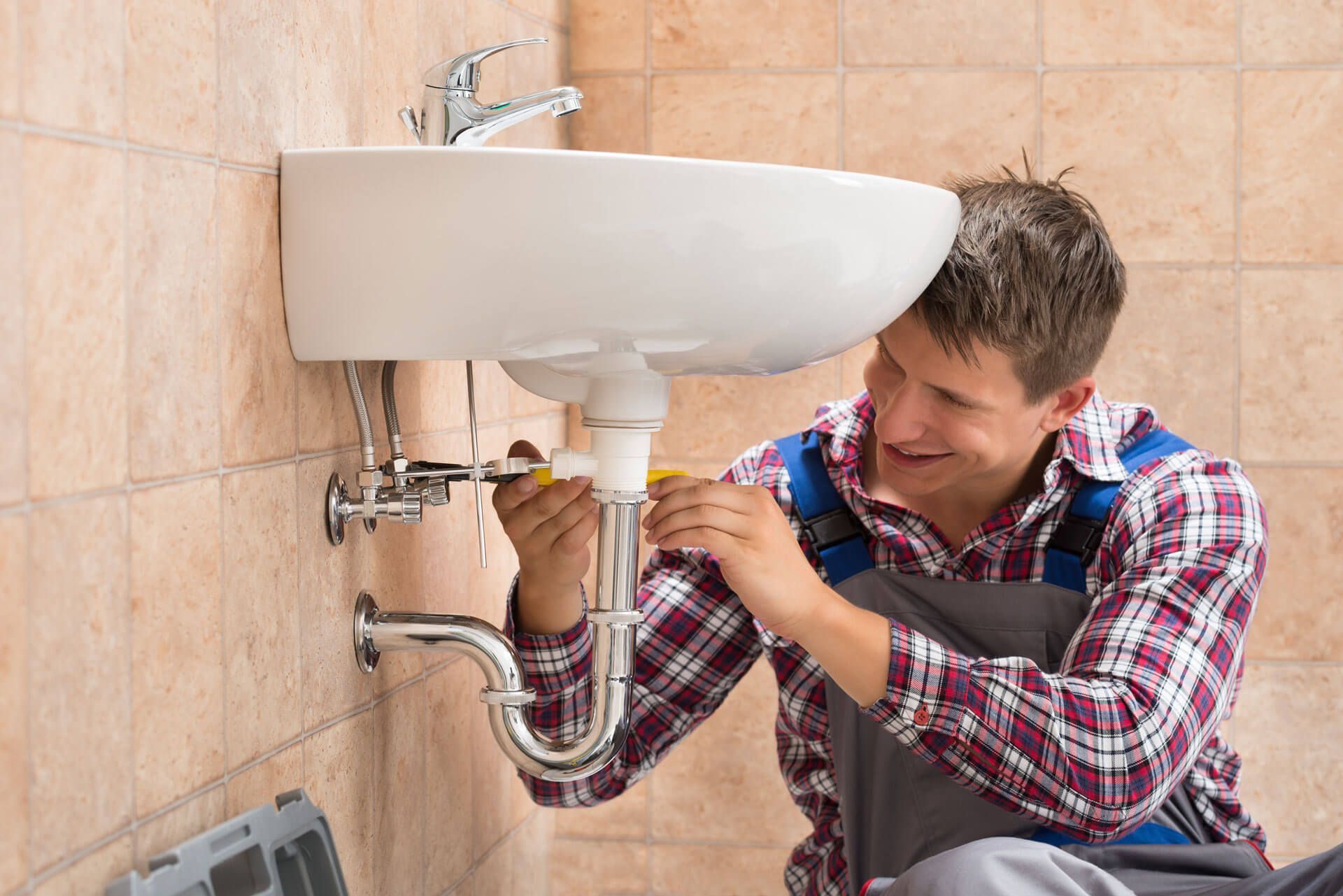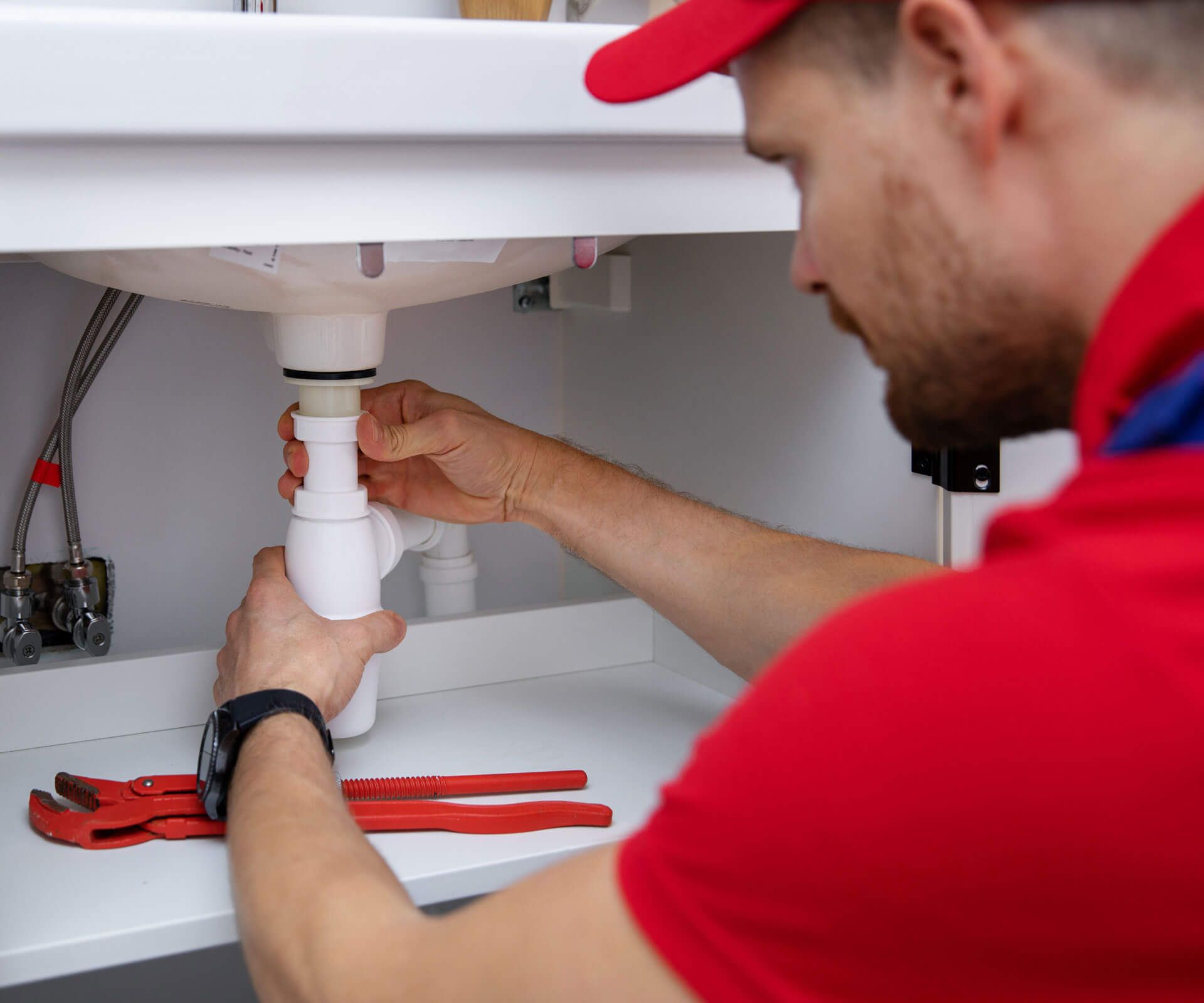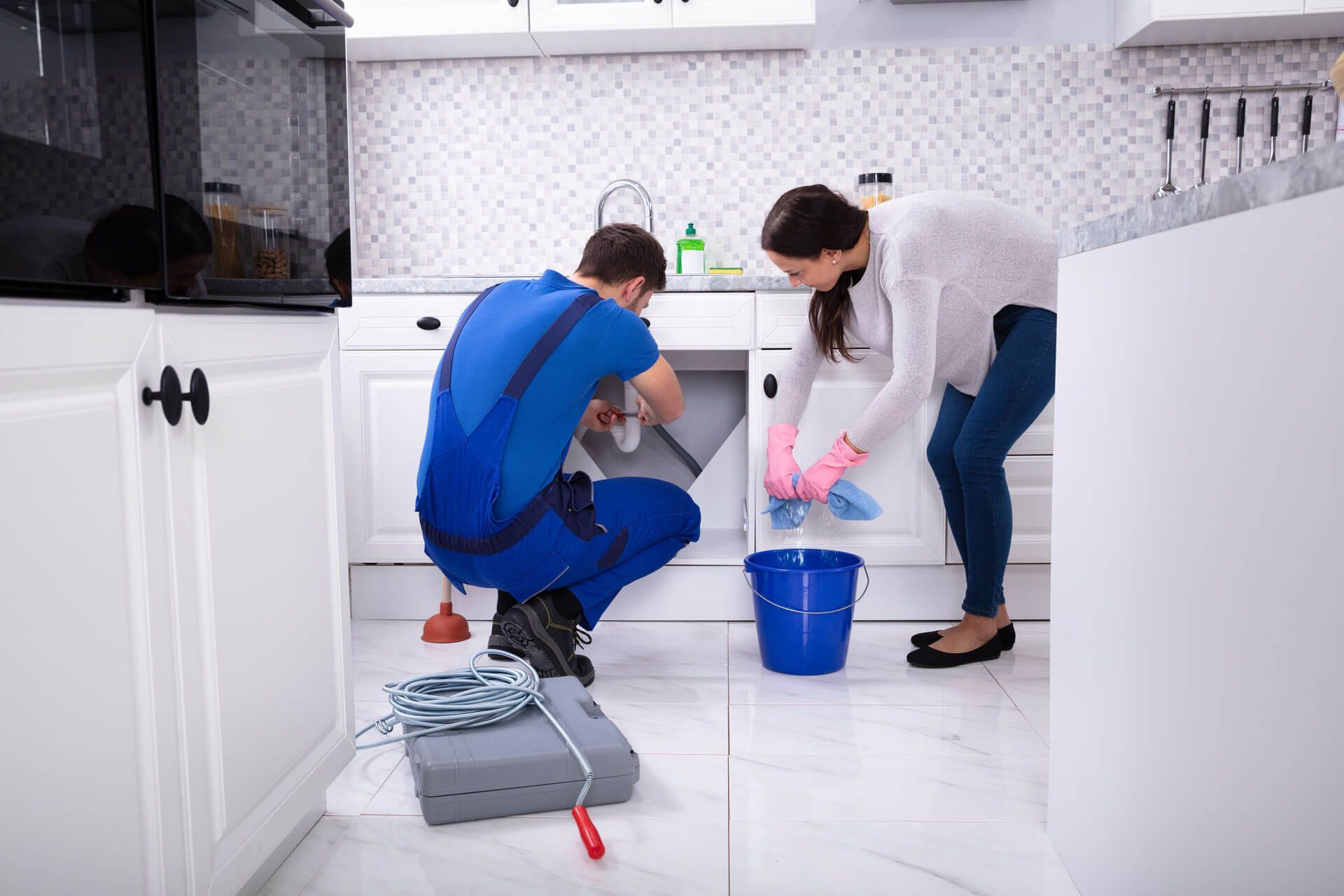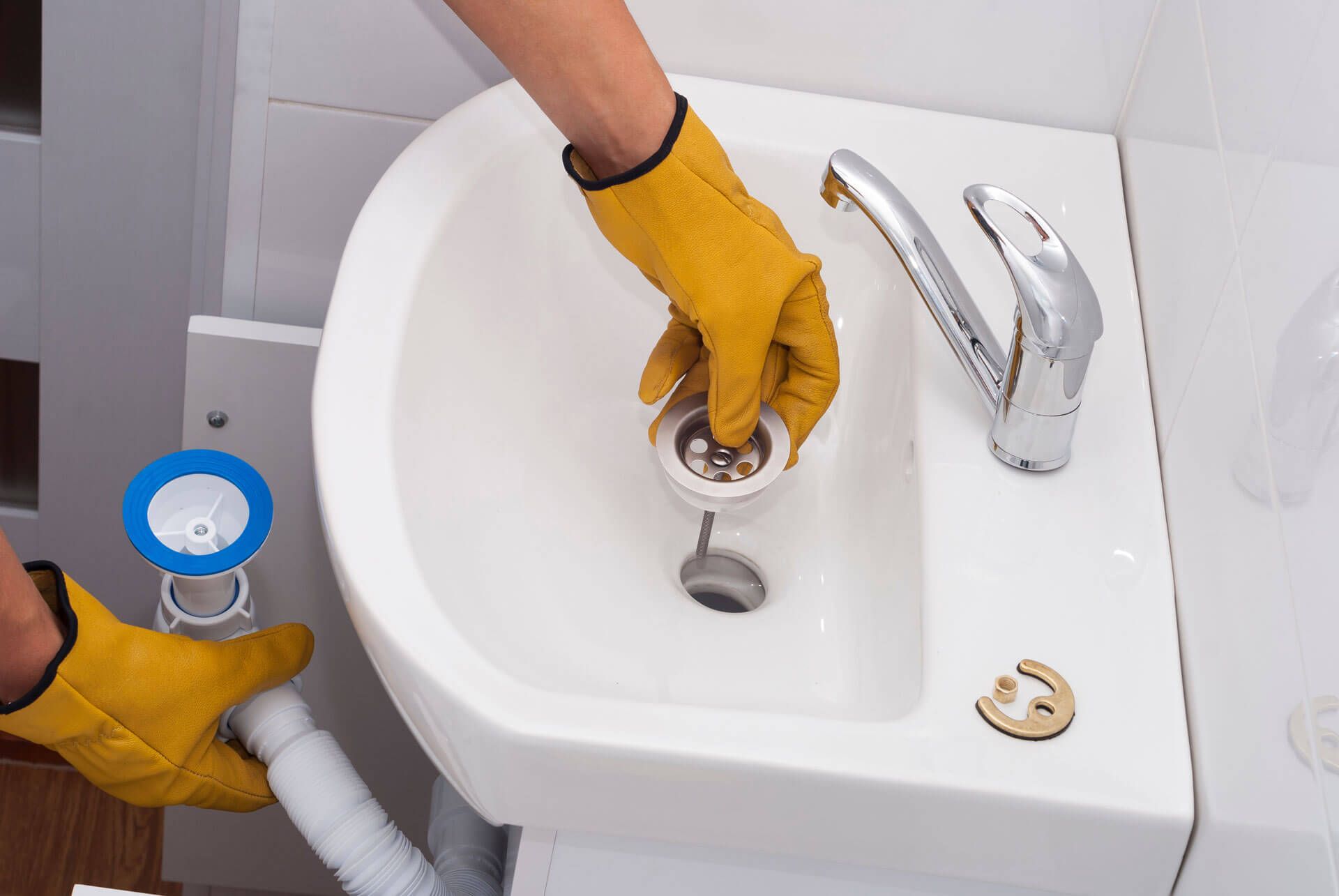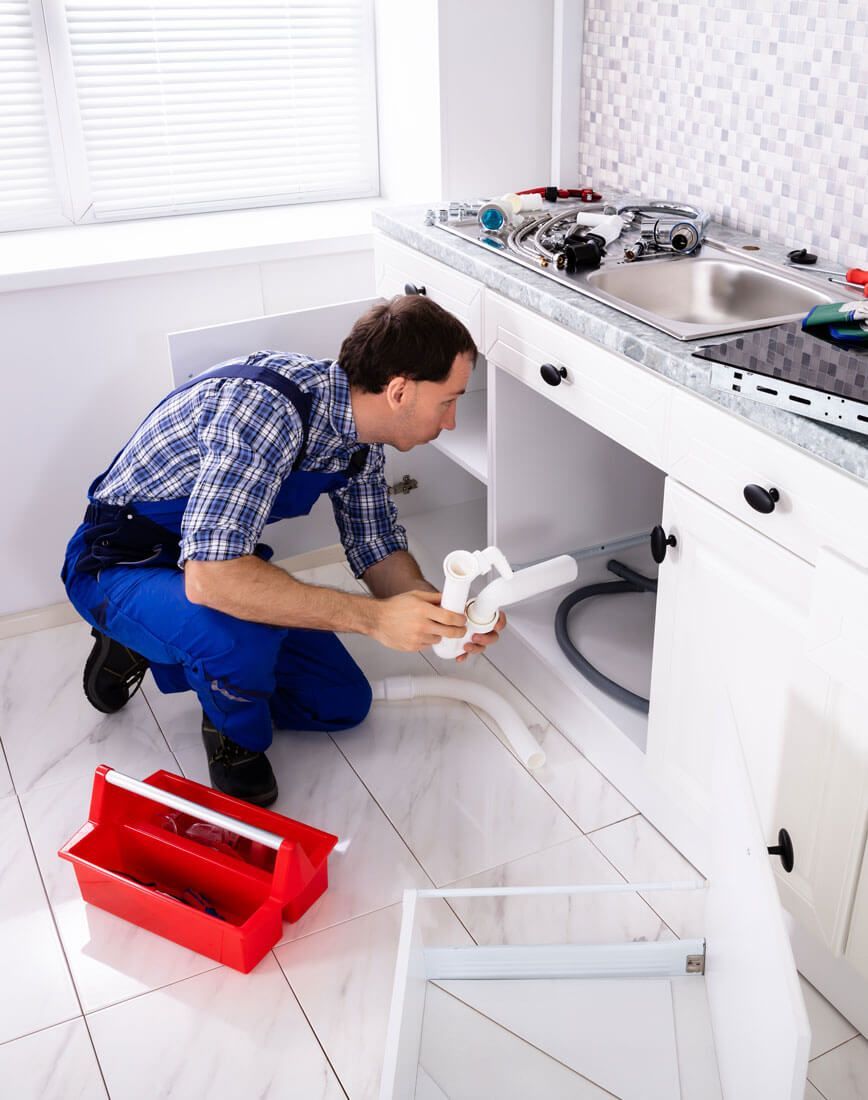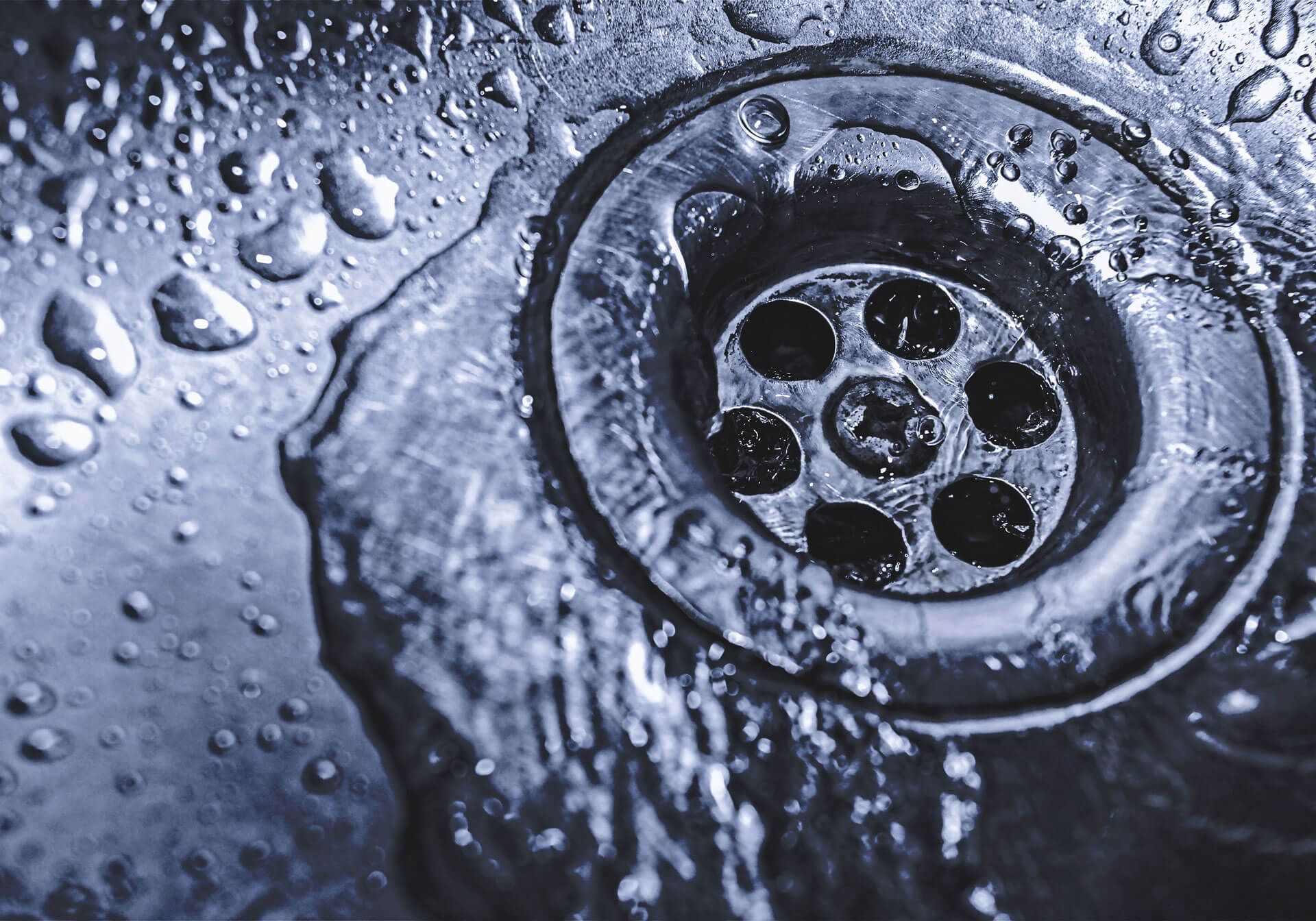Why Your Drain Keeps Clogging: Causes and Long-Term Solutions
Why Your Drain Keeps Clogging: Causes and Long-Term Solutions

Clogged drains are one of the most common household issues, and they always seem to occur at the most inconvenient times. Whether it’s in the kitchen, bathroom, or laundry room, a slow or completely blocked drain can disrupt your daily routine and lead to frustration. But why is your drain constantly clogging? Understanding
why drain is clogged can help you identify the root causes and provide long-term solutions, ultimately saving you time, money, and hassle.
In this blog, we’ll explore the main reasons why your drain is clogged, the implications of leaving the issue untreated, and actionable insights for preventing future clogs. Let’s dive into the most common causes and how you can avoid the hassle of repeated drain blockages.
Key Takeaways
- Clogged drains are commonly caused by hair, soap scum, grease, and food particles.
- Ignoring drain clogs can lead to more serious issues like pipe damage and costly repairs.
- Understanding why drain is clogged can help you take preventive measures.
- Professional drain cleaning is the most effective long-term solution, as DIY methods often fail to address the root cause of the clog.
Why Drains Get Clogged: Key Issues and Solutions
Drains can become clogged for several reasons, often due to the buildup of hair, soap residue, grease, food particles, or foreign objects. In kitchen sinks, food waste and grease are common culprits, hardening over time and narrowing the drainpipes. Bathroom drains typically suffer from hair and soap scum accumulating in pipes, eventually leading to blockages. In some cases, tree roots can invade underground drainage systems, causing significant clogs that require professional attention. Preventative measures, such as using drain covers, avoiding the disposal of grease or fibrous materials down the drain, and performing regular maintenance, can minimize the risk of clogs. If a drain does become blocked, solutions include using a plunger, drain snake, or chemical drain cleaner for minor clogs, while more serious blockages may need professional intervention to ensure the system remains clear and fully functional. Maintaining your drains regularly helps avoid costly repairs down the road.
Common Causes of Drain Clogs
1. Hair and Soap Scum
One of the most common reasons why your drain is clogged is the buildup of hair and soap scum, especially in bathroom drains. Hair can easily get trapped in the drain, and when combined with soap scum, it forms a stubborn blockage. This can lead to slow drainage and, eventually, a complete blockage if not addressed in time.
While many homeowners attempt to use chemical cleaners to clear these clogs, these products can often damage your pipes over time. They only offer a temporary fix and rarely solve the core problem. If you wonder why your drain is clogged so frequently, it's often because these DIY solutions fail to address the underlying issue, which professional drain cleaning can easily handle.
2. Grease and Food Particles
In the kitchen, grease and food particles are notorious culprits behind clogged drains. Even if you're careful, small amounts of grease from washing dishes can accumulate in your pipes. Over time, this grease solidifies and traps food particles, forming a stubborn clog. If you're dealing with slow drainage or bad odors, it’s essential to understand why drain is clogged and take preventive action before the clog worsens.
Using hot water or DIY mixtures like baking soda and vinegar might temporarily clear the clog, but grease buildup requires a more thorough cleaning that only professionals can provide. Regular maintenance and cleaning are essential to prevent blockages from recurring.
3. Non-Flushable Items
Toilets are designed for flushing only waste and toilet paper, yet many people make the mistake of flushing items like wipes, cotton balls, and feminine hygiene products. These materials do not break down easily and can cause severe blockages in your plumbing. If you find yourself constantly asking why your drain is clogged, it may be due to improper disposal habits.
The long-term implications of flushing non-flushable items include not only frequent clogs but also damage to your sewer lines. Addressing the issue promptly by consulting a drain cleaning expert can save you from costly repairs down the road.
The Dangers of Ignoring Clogged Drains
Understanding why your drain is clogged is only the first step. Ignoring a clogged drain can lead to more significant problems. Over time, clogs can cause pressure to build up within your pipes, leading to cracks or even burst pipes. This can result in water damage, mold growth, and even structural issues in your home.
Additionally, standing water caused by slow drains can become a breeding ground for bacteria and other harmful microorganisms. When you ignore a clogged drain, you're not just risking the functionality of your plumbing system; you're also putting your health at risk.
Long-Term Solutions for Preventing Clogs
1. Professional Drain Cleaning
If you want to avoid recurring clogs, professional drain cleaning is the most effective solution. While DIY methods may temporarily clear a blockage, they often don't address the root cause. Professional services not only remove the existing clogs but also ensure that your drains are free from buildup that could cause future blockages.
Regular drain cleaning from experts like
Drain Cleaning Philadelphia ensures that your plumbing system runs smoothly and prevents long-term damage.
2. Installing Drain Guards
One easy and affordable way to prevent clogs is by installing drain guards in your kitchen and bathroom sinks. These simple devices catch debris such as food particles, hair, and soap scum before they can enter the pipes. By blocking these common culprits, you can significantly reduce the chances of why your drain is clogged becoming a frequent problem.
3. Mindful Disposal Habits
Being mindful of what you flush down the toilet or pour into your kitchen sink can go a long way in preventing clogs. Avoid pouring grease down the drain, and make sure to dispose of food scraps and oils in the trash instead. By understanding why drain is clogged, you can develop better habits that minimize the risk of blockages.
4. Regular Maintenance and Inspections
Another excellent way to prevent clogs is to schedule regular inspections and maintenance with a professional plumber. Experts can use advanced tools like drain cameras to identify any potential issues before they become serious problems. Regular inspections can help you catch issues like tree root intrusions, which may cause blockages, long before they turn into major clogs.
If you’re tired of wondering why your drain is clogged and dealing with frustrating blockages, it’s time to take action.
Drain Cleaning Philadelphia offers professional, reliable, and long-term solutions for all your plumbing needs. We understand the causes behind clogged drains and provide expert services that keep your drains clear and your plumbing system in excellent shape.
Call us today at 267-633-8180 to schedule a consultation. Whether it's a minor clog or a more severe blockage, we are equipped to handle it all. Let
Drain Cleaning Philadelphia, located in Philadelphia, Pennsylvania, USA, help you keep your home free of clogged drains.
Conclusion
Clogged drains are more than just a minor inconvenience—they can lead to significant plumbing issues if left untreated. By understanding why drain is clogged and taking proactive measures like professional cleaning, mindful disposal habits, and regular maintenance, you can avoid the frustration and potential damage caused by recurring clogs.
Instead of relying on short-term DIY fixes, trust the experts at
Drain Cleaning Philadelphia to provide a long-lasting solution. Our professional team is here to help you tackle any drain issue, big or small. Call us today at 267-633-8180 to schedule your service and keep your plumbing system in top condition.
FAQs
Q: Why does my drain keep clogging even after using a cleaner?
A: While chemical cleaners may provide temporary relief, they rarely solve the underlying cause. You may need professional drain cleaning to fully clear the blockage.
Q: What causes kitchen drains to clog frequently?
A: Grease and food particles are the main culprits behind kitchen clogs. Over time, these materials build up and lead to blockages that require professional attention.
Q: Is it safe to use a plunger on a clogged drain?
A: Yes, a plunger can be an effective tool for minor clogs. However, if the clog persists, it’s best to consult a professional to avoid damaging your pipes.
Q: How often should I have my drains cleaned?
A: It’s recommended to have your drains professionally cleaned at least once a year to prevent buildup and blockages.
Q: Can I use home remedies like baking soda and vinegar to clear a clogged drain?
A: While these remedies can help with minor clogs, they are not a substitute for professional cleaning, which is necessary for more severe blockages.
